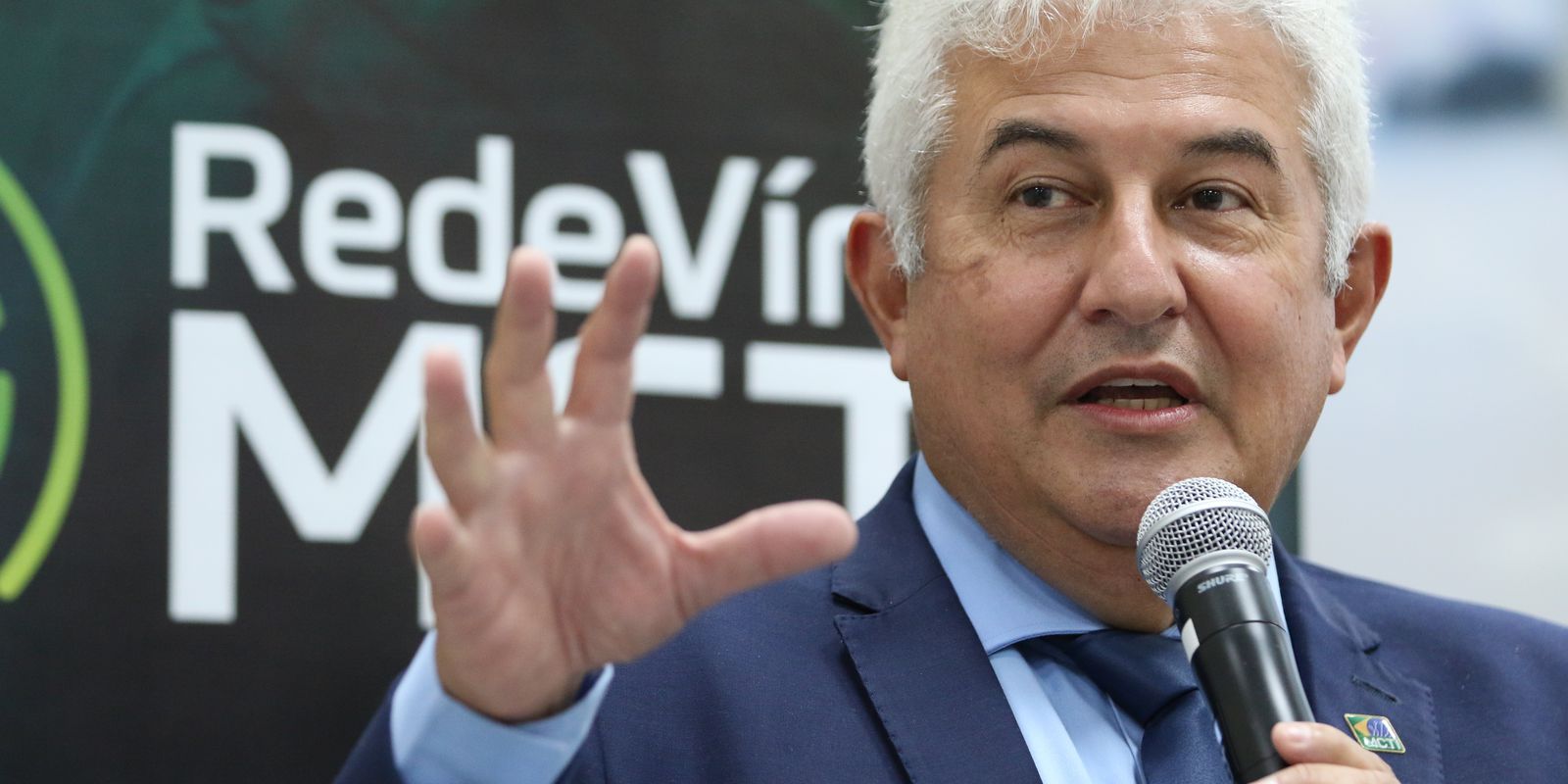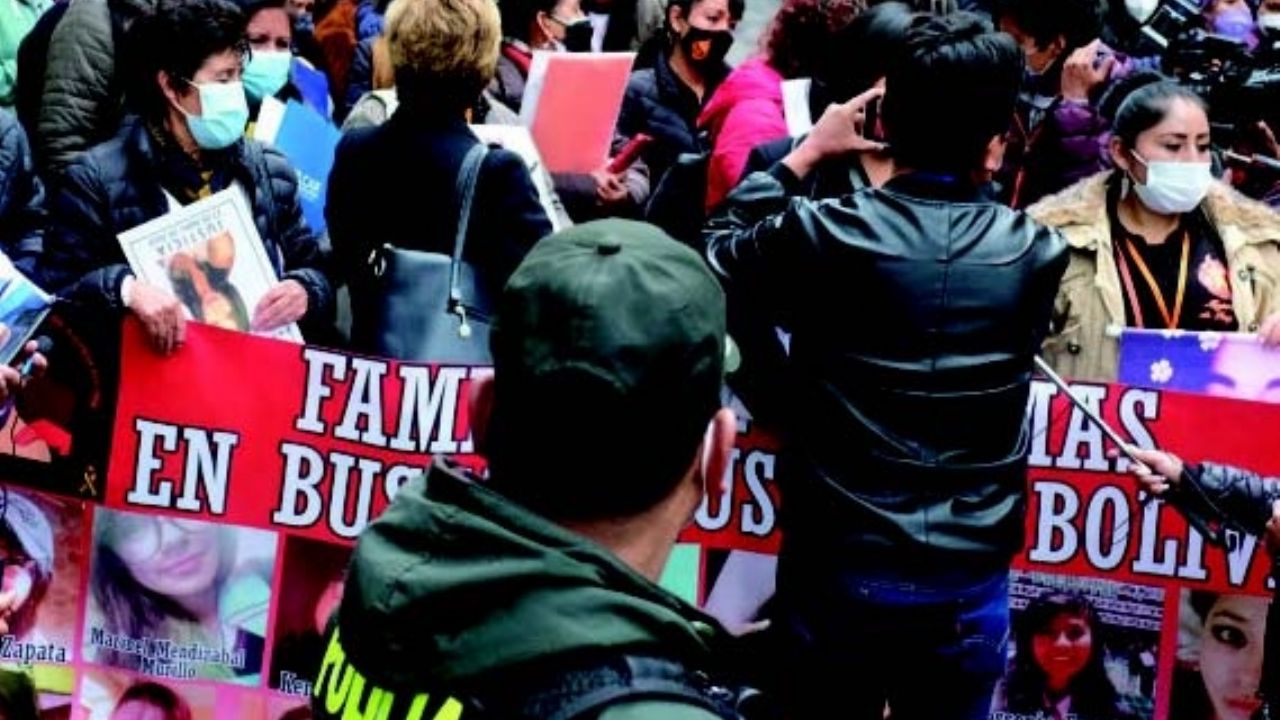RedeVírus, an initiative linked to the Ministry of Science, Technology and Innovations (MCTI) and formed by several universities and research centers across the country, made an assessment this Thursday (10) of its two years of creation. .
The group was created in February 2020 with the aim of seeking scientific knowledge about the new coronavirus and also projects to develop inputs, medicines, vaccines and equipment to be used in patient care.
According to Minister Marcos Pontes, who participated in the presentation, investments reached more than R$ 1 billion, of which R$ 458 million in research projects and R$ 600 million in support for the development of products by companies, such as mechanical fans to support to patients with the disease.
“All that was predicted in the scenario [da pandemia] It happened. And we were able to respond, and respond positively. Hopefully in 20 years we will have a number of other results,” she said.
RedeVírus has organized several groups with specific purposes. The Vaccines Network involved 15 strategies and 10 projects financed by the ministry, from institutions such as the federal ones of Santa Catarina, Paraná, Minas Gerais, Viçosa and the University of São Paulo.
In the call for clinical trials of phases I and II, for the production of vaccines against covid-19 with active pharmaceutical ingredients (IFA) manufactured in Brazil or in technology transfer agreements, five projects were qualified: from the Federal University of Minas Gerais (UFMG) ), the University of São Paulo (USP), the Federal University of Rio de Janeiro (UFRJ) and the National Learning Service (Senai).
One of the vaccines, called Corona-omica, brought together 12 research institutions to work together in the genetic sequencing of the virus. Currently, she is responsible for 60% of the sequencing of the new coronavirus carried out in the country.
According to the network’s coordinator, Fernando Rosado, from Feevale University (RS), the work was important to monitor the emergence and spread of variants of the new coronavirus, such as Delta and, more recently, Ômicron.
“We are putting together reports on the variants that are passed on to the Ministry of Health and to health authorities in other spheres, municipalities, states. It is a work that demonstrates that when there is financial resources, Brazilian science responds and does what is necessary”, declared Rosado.
Another front was the diagnostics network, which involved the participation of institutions such as the University of São Paulo, the Oswaldo Cruz Foundation, the Butantan Institute and the Federal University of Minas Gerais.
In the evaluation of the network coordinator and professor at UFMG, Ana Paula Fernandes, the members faced a “great challenge” in the face of the deficit of inputs, technology and scientific knowledge.
The coordinator listed as results the performance of several tests throughout the country, the registration of an antigen test together with the National Health Surveillance Agency by the Oswaldo Cruz Foundation and the creation of the National Vaccine Center at UFMG.
Also in the area of diagnostics, a Network of Field Laboratories was created, coordinated by UFMG. The group brings together 14 universities, in the five regions of the country. According to the network’s coordinator, Professor André Massesini (UFMG), setting up the network contributed to expanding the country’s testing capacity.









